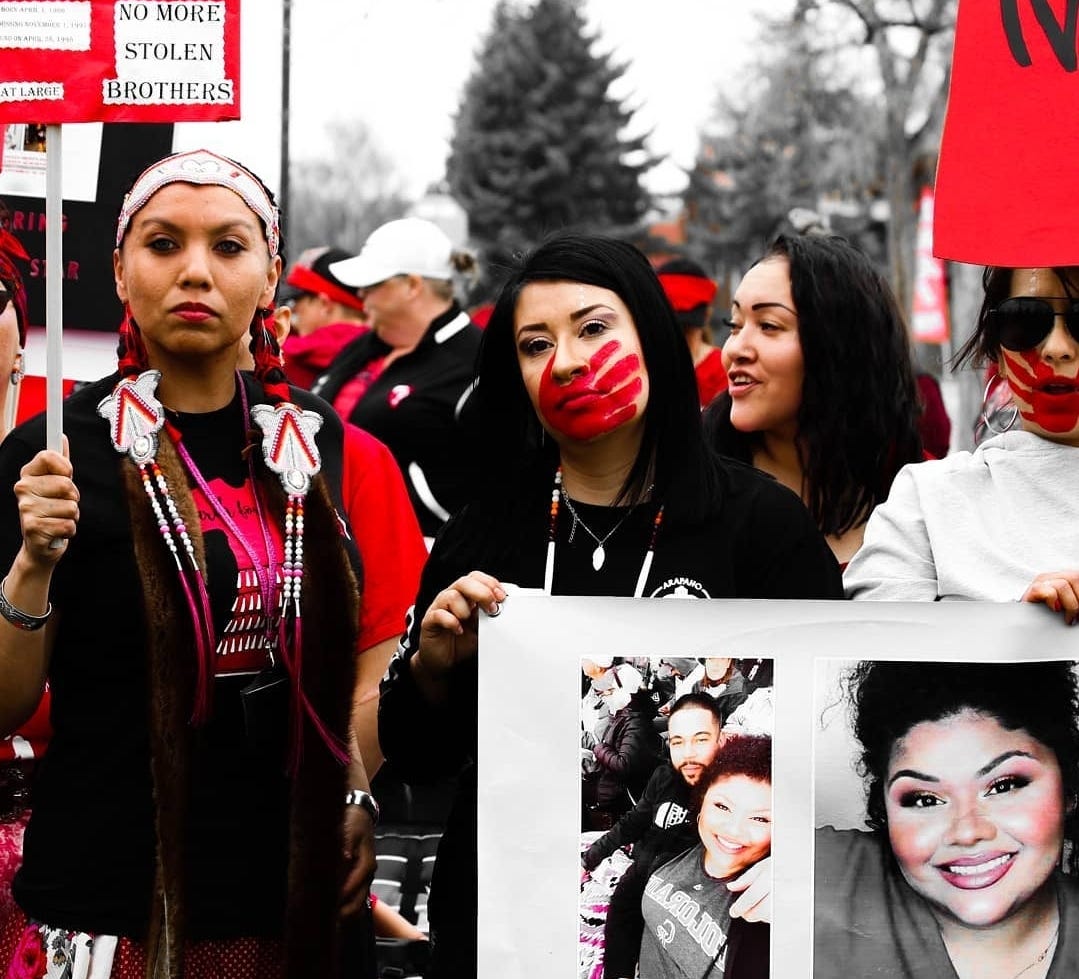Letara LeBeau is one of USA TODAY’s Women of the Year, a recognition of women who have made a significant impact in their communities and across the country. The program launched in 2022 as a continuation of Women of the Century, which commemorated the 100th anniversary of women gaining the right to vote. Meet this year’s honorees at womenoftheyear.usatoday.com.
Letara LeBeau knows her life can seem complicated.
The 35-year-old wife and mom, a member of the Northern Arapaho and Eastern Shoshone tribes, who also has “a dash of Cherokee,” keeps busy with multiple jobs on and off the Wind River Reservation in Fort Washakie, Wyoming. She’s a consultant and small business owner and task force member, being pulled in numerous directions every day.
But when she talks to children, she tries to keep it as simple as possible, summing up her work as such: “I’m community outreach,” she tells them. “I’m here to teach you about tribal governance and connect our community.”
She does so much more than that. An outspoken supporter of the importance of small businesses, she works to identify entrepreneurs across the reservation and help them succeed.
But mostly, she’s passionate about people. LeBeau, who identifies as a “self-made advocate,” prides herself on being “boots on the ground” for Natives near and far.
“I want to be a voice for the community when it needs to be heard,” she told USA TODAY.
Often, what she’s talking about is Missing and Murdered Indigenous Women and Girls (MMIWG), an epidemic plaguing Native communities.
According to the Bureau of Indian Affairs, the National Crime Information Center in 2016 received more than 5,700 reports of missing American Indiana and Native Alaskan women and girls. LeBeau is determined to educate the American public – especially those not living on tribal lands – about this crisis.
She sits on numerous task forces, both statewide and national, helping Wyoming and other states design an education and infrastructure plan to bring awareness to the issue. Her ultimate goal is straightforward: She wants to help bring every one of these women home.

Provided by Letara LeBeau
“Authority figures are supposed to be protecting us,” LeBeau said. “We need to educate people about that. We need to break down barriers, and have processes and protocols in place to help people.”
It’s exhausting work, she admits. But she will never tire of it. She thinks often of her parents, who preached the importance of being not only involved in her community but a pillar within it, someone who others could come to when they needed help.
For her work, LeBeau has been named USA TODAY’s Women of the Year honoree from Wyoming.
This conversation has been edited for length and clarity.

My mother, primarily. My mother was actually a residential school survivor. She grew up in the South, in Oklahoma, and is Cherokee. Hearing her background story of survival and coming through the assimilation process that she did – you can imagine the stories she has, it started at 5 years old – that was a victory in itself. And she was a grassroots advocate, too. For her to be able to come out on top as a strong Native woman, even after her struggles, that really inspired me. She raised all of us – I’m one of six – to be leaders in our community.
My dad, he was a very strong and stern man, a police officer and Vietnam veteran, but he also had a passion to help his community He was always teaching us to have an awareness and an understanding of our community, and he taught me the definition of unity.

In general, it’s finding my voice and understanding what I was supposed to become, which was a people’s advocate. To find that community and then find myself and my voice there, I think this is my niche.

To fear forward — my dad would always tell me that, when I was younger and I was scared about something, to just put your best foot forward through the fear. That courage, it always makes you stronger.

I try to really understand others, try to have an open mind and an awareness like my dad taught me. Being a great listener can help you overcome adversity. As Natives, something we really look for is to be understood and be heard. So I try to really practice that for other people.

I always say, “seize the day.” Getting up and giving it your all, some days it’s hard. But if I can’t be motivated, I try to stay consistent at least.

Laugh more. My husband and my kids see me as serious in every moment in my advocacy work. When you sit around these board room tables, you have to be stoic a lot. But at the end of the day, when I put to my head to rest I often say to myself, I should have laughed more.
Published
Updated

